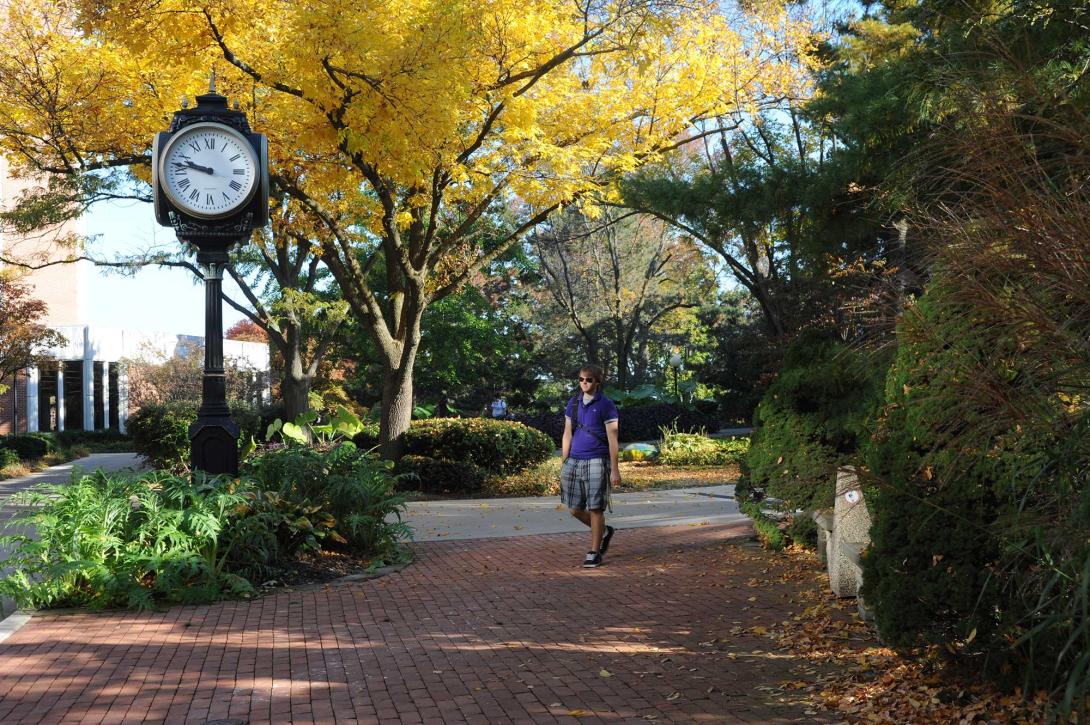We’re Here to Help
At Ashland University, we strive to give our students the best education, environment and care available. But there may be times where you feel that your child is struggling. Despite wanting to support them, you might not be sure what to do or say. In times like these, consider encouraging your child to visit the university’s Psychological Counseling Services.
Potential signs that your child is struggling may include:
- Self-isolation or social withdrawal
- Bouts of crying
- Changes in appetite, sleep patterns and overall energy level
- Changes in academic performance, such as absenteeism, tardiness or missed assignments
- Loss of interest in activities they typically enjoy
- Discussion of suicide, suicidal acts or plans for suicide.
These signs could be triggered by the end of a relationship, the loss of a loved one or traumatic events. Or the cause might not be so easy to identify. Regardless, if your child exhibits such behavior or you have other concerns about their well-being, we invite you to contact us at 419-289-5200. We are available for consultation with parents by phone or appointment. We can offer support, answers to questions, information on mental health and referrals to other services in the area.

Counseling is a Personal Choice
Despite your concerns, your child may decide not to utilize Counseling Services. As a parent, this can be frustrating, but it is never a good idea to force your child to attend counseling. Instead, continue to listen to your child. Let them voice their concerns. Be compassionate and offer support. Through it all, remind them that there are professionals that can help them work through these feelings they’re having. If they decide they want to pursue counseling, the decision should be theirs and theirs alone.

Our Obligations
Ashland University has certain obligations regarding students and counseling. As required by law, we cannot disclose whether a student is utilizing counseling services or provide information about counseling sessions without the express permission of the student. Everything a student discusses with us in counseling is considered privileged communication by law. This means that the student is the only person who can decide who is allowed access to such information. Please understand that if you call Counseling Services with questions about counseling practices or concerns about your child’s sessions, we are unable to help.
Note that there are rare exceptions to the rules of confidentiality. In the event that a student poses a risk to themselves or another individual(s), their counselor is legally and ethically obligated to break confidentiality to ensure the safety of all involved parties. Counselors are also required by law to report suspected child abuse and abuse of elders. Counseling records may be released if needed to comply with a court order.
